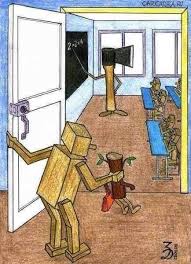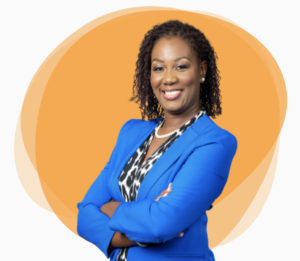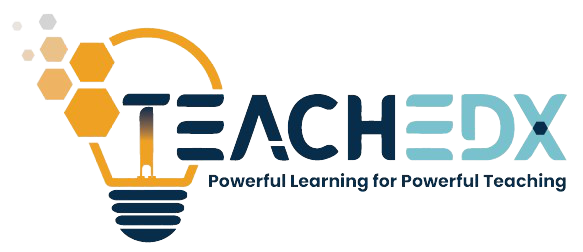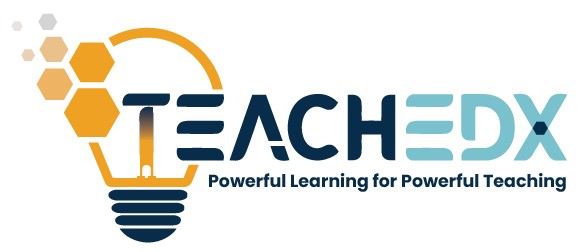The Purpose of Education
- Venessa Powell
- January 22, 2023
- No Comments
Before we begin to think about what teaching is and why we teach, we first need to think about the purpose of education.
I taught at a high school where students were streamed according to academic ability during my first year as a teacher. There were four classes per grade. The ‘academically proficient’ students were assigned to Stream 1. They were expected to sit all their assigned subjects in the Caribbean Examination Council’s (CXC) Caribbean Secondary Examination Certificate (CSEC) examinations. Those in Stream 2 sat some of their subjects in CSEC, based on recommendations from their teachers. Unfortunately, students in Streams 3 and 4 sat none.
Meet Darien
I had a student named Darien*. Darien was in Stream 3 and rarely absent from school. He would sit attentively in my class and try really hard to grasp what was being taught. I thought him to be a really hardworking student. Over the course of the term, I noticed that Darien would spend a lot of time at the woodwork shop in the Industrial Arts department. He was always diligently working at something, even when he was scheduled to be elsewhere. One day, I passed him there on my way to my class. I asked him why he was there because I knew he should be in another class. “I wasn’t recommended to do that subject in CXC so what is the point”, he responded. His answer was interesting for two reasons.
- He spent quite a bit of time at the woodwork shop despite not being recommended to sit that examination in CSEC. He had an interest despite his teacher’s opinion of his capacity.
- Apparently, he thought the only reason to be in that other class was to be prepared to sit an examination. There was nothing he could learn from that content for life beyond school.
As I looked around the campus, I realized that there were quite a number of boys loitering about. A quick survey yielded similar responses. Why waste their time if they were not recommended to sit the external exams? This got me thinking about our collective beliefs about the purpose of education, especially for these boys. How was school preparing them for the world beyond it?
What is education?
You would be surprised at the number of varied responses you would receive if you should type this question into the Google search engine. In one instance, education is defined as the “act or process of imparting or acquiring general knowledge, developing the powers of reasoning and judgment, and generally of preparing oneself or others intellectually for mature life“. In another, it is defined as “structured learning“. I find these varied definitions quite interesting as they differ based on the nature of the source. I have come to find that it is our definition of what education is that drives our design of what happens in schools. This in turn influences what our expectations of teachers are.
The Purpose of Education in Early Civilization
Think for a moment about what education looked like in early human civilizations. Children learned at the feet of their elders as stories are told around the fire. They also learned by their sides, as elders hunted and gathered for survival. The purpose of education then was for learners to gain practical skills for use in their everyday lives. As we got more ‘civilized’, education migrated from the field into the four-walled box. Education took on its formal robe. It got more theoretical and less practical.
The Purpose of Education in the 21st Century
Education should give students the tools to excel in the real world, regardless of their inclinations. It should ignite within them a passion for learning. Their curiosity should be fed to grow into a raging fire that they will use to advance our society. As a pragmatic person, I believe that what happens between the four walls (or online) in a setting aimed at educating, should have utility. Theory should be taught not just for the sake of passing examinations, but for use in the world within and beyond school. The purpose of education should be to prepare one for life.
I look at the curriculum offered in many of our schools and it depresses me. While most of the offerings look good on paper, I find the delivery of the content to be limited. Learn the definition of these words. Circle the right answer. Write an essay/ a story. Why not assign assessments that demonstrate how these skills are used in real 21st-century life? Convert a piece of text for use in a Twitter, Facebook, and blog post. Create a social media marketing campaign copy for a given business. Show how Amazon could modify the dimensions of its packaging to reduce waste. Design a water filtration system using recycled materials found locally.
Education vs. Schooling

I have come to realize that much of what happens in our classrooms is schooling, not education. Schooling is the acquisition of knowledge and skills in a formal institution. Education is the acquisition of knowledge and skills from both formal and informal sources. We have become so focused on our children passing exams that we have lost sight of the big picture. I have heard so many stories of children losing their enthusiasm for life because schooling consistently pushes them to think within the box. When we force students to do it our way for our purposes, we douse buckets of water on their flame. How many times have your students’ excitement been cut short because they have to pack up to run to the next class?
Education and Teaching
So, if we view the purpose of education as getting students to pass examinations, our views of teaching will involve the transmission of knowledge for reproduction on standardized assessments (schooling). Engagement in the classroom will hardly be prioritized because the teacher is confined to a curriculum and a time frame. The student’s role is inevitably reduced to ‘sit and get’. Alternatively, if we view the purpose of education as the igniting of the fire of lifelong learning, our views of teaching will involve the creation of spaces where students get a chance to engage in higher-order thinking, contending with the complexities of constraints in the real world. It is this fire that fuels innovation and creativity. Let us, as teachers then, strive to do the latter.
Articles you may also find interesting:
- What is “education”? by Barry Chazan
- “The Difference between Schooling, Learning, and Education” by Rohan Roberts
- “What makes a good teacher?” by Venessa Powell
*Named changed to protect the student’s identity.
Like this article?

Venessa Powell
I never wanted to become a teacher. As a matter of fact, anybody who knew me knew that I was set on becoming a graphic designer. Some would say it was by divine intervention others may call it the universe redirecting me, but circumstances led me to teachers’ college at the end of high school where I pursued secondary mathematics education.


